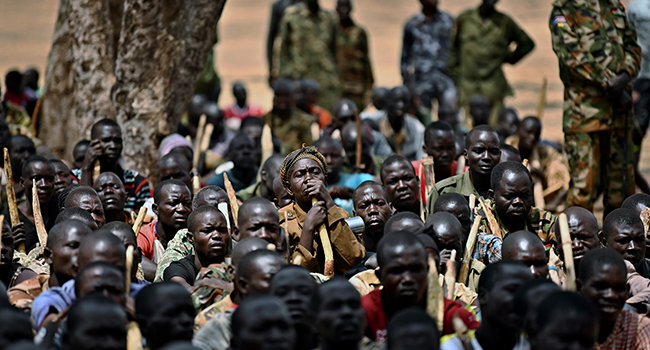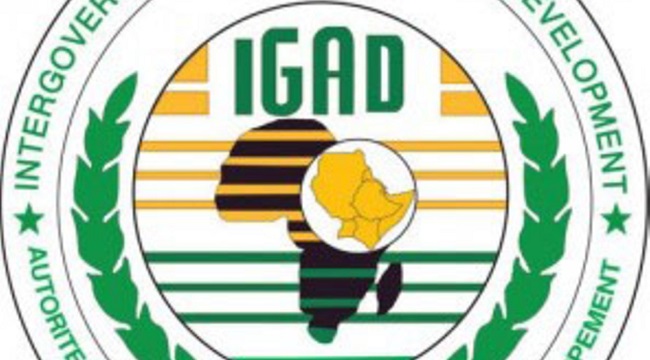
Sudan’s government on Wednesday said it will devalue its currency and cut fuel subsidies due to a huge budget deficit and an economic crisis aggravated by the coronavirus pandemic.
“State revenues have dropped by 40 percent and this has created a huge deficit in the budget,” acting Finance Minister Hiba Mohammed said in a statement released by the government.
“The government must take urgent measures and change the official rate of the (Sudanese) pound,” she added.
The pound’s official rate is 55 to the US dollar, compared to 140 on the black market.
Prime Minister Abdalla Hamdok later announced at a news conference that the government would “gradually cut subsidies on petrol and diesel”.
But he said that subsidies on medicine, electricity, bread and cooking gas would remain in place.
Sudan’s transitional government has grappled with an acute economic crisis since its formation last year following the army’s ouster of veteran dictator Omar al-Bashir amid huge street protests.
Annual inflation reached 136 percent in June and that same month tens of thousands of protesters flooded the streets of Khartoum and other cities to demand economic reform.
The country’s economic woes have seen citizens queue for hours to buy essential foods and fuel.
“The government must take the necessary measures to mitigate the effect of the coronavirus pandemic” on the economy, Mohammed said.
On Sunday the UN made an urgent appeal for $283 million to help Sudan tackle the coronavirus pandemic and its economic consequences, warning that millions could face hunger.
“COVID-19 arrived in Sudan at a time when an increasing part of the population was already struggling to meet their basic needs and the health system was already under extreme stress,” the UN’s Sudan humanitarian coordinator Gwi-Yeop Son said on Sunday.
“Unless we act now, we should be prepared for a series of human tragedies,” she said.
Sudan has officially registered more than 11,000 cases of the COVID-19 illness and 706 deaths.




